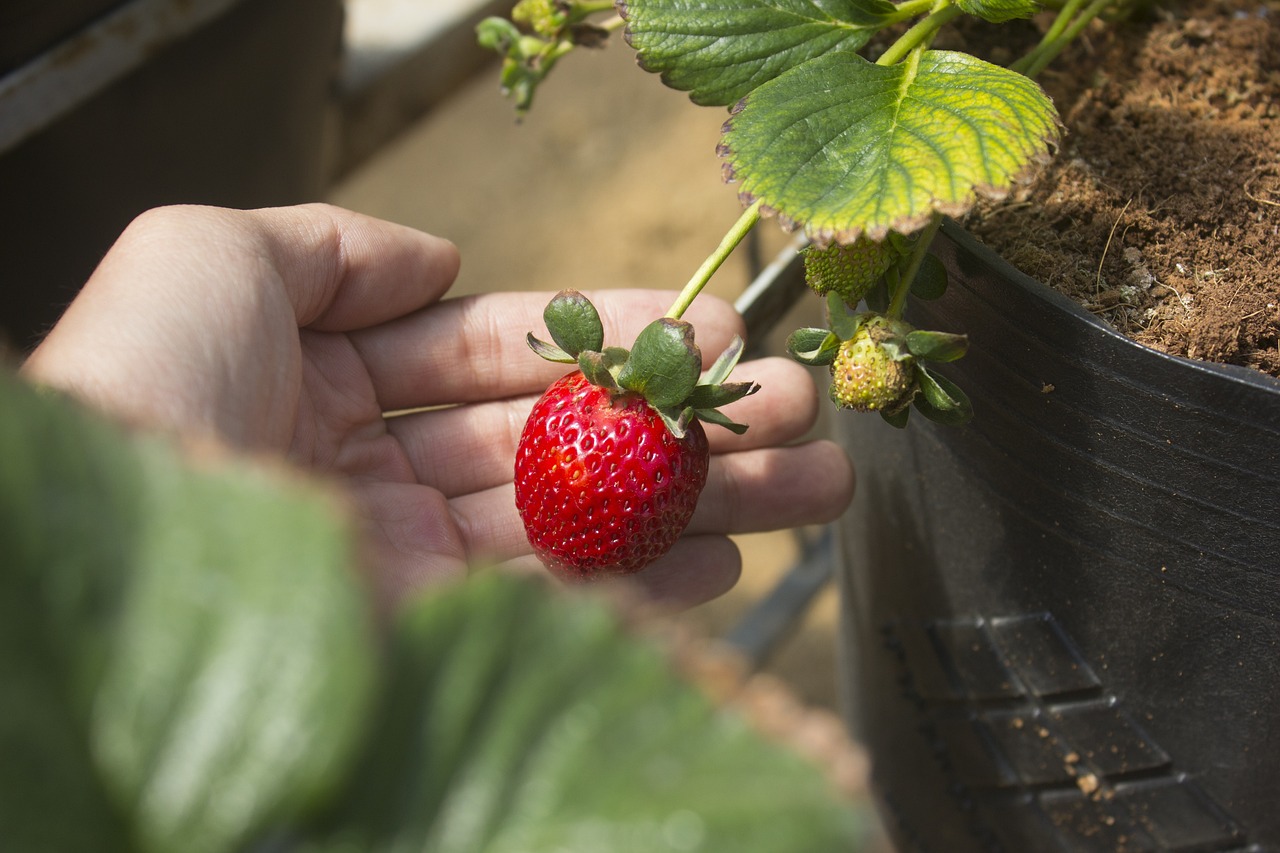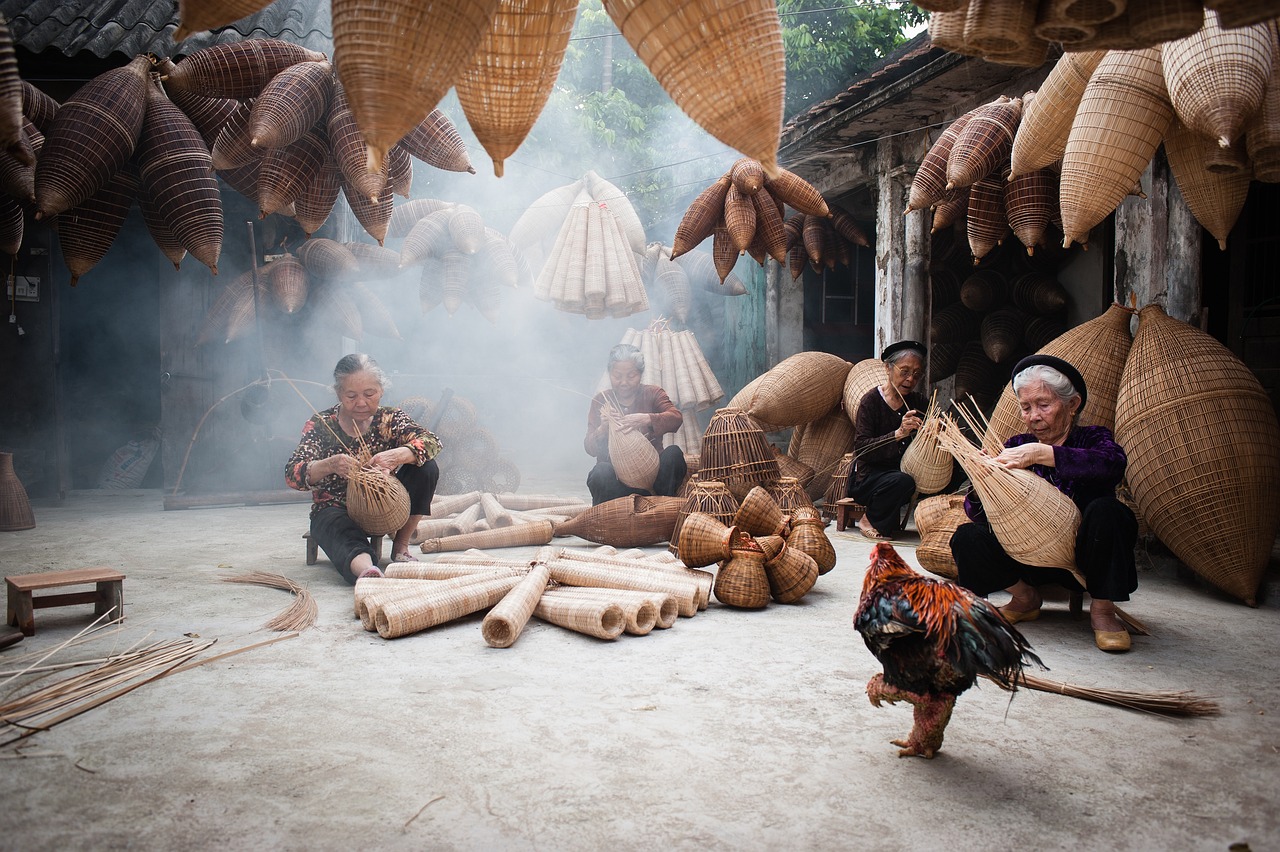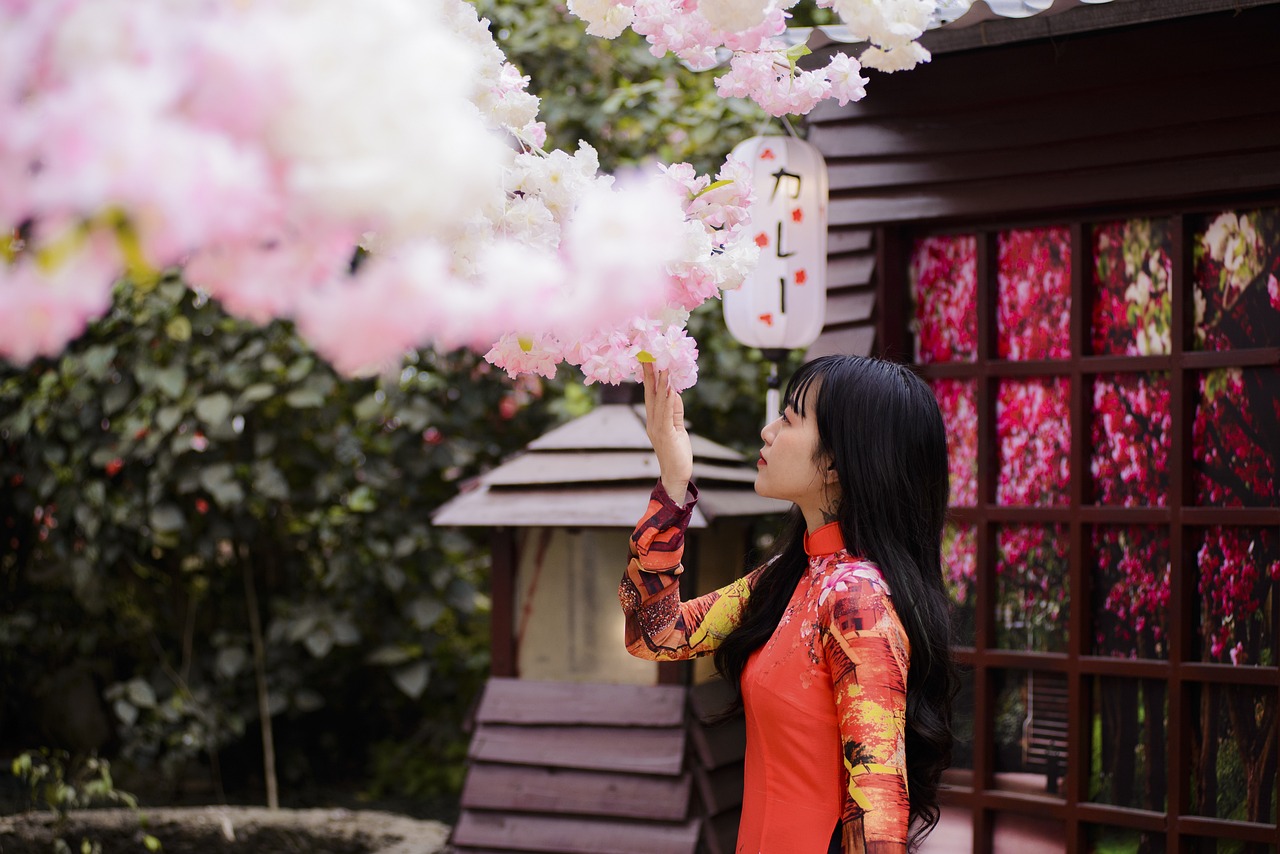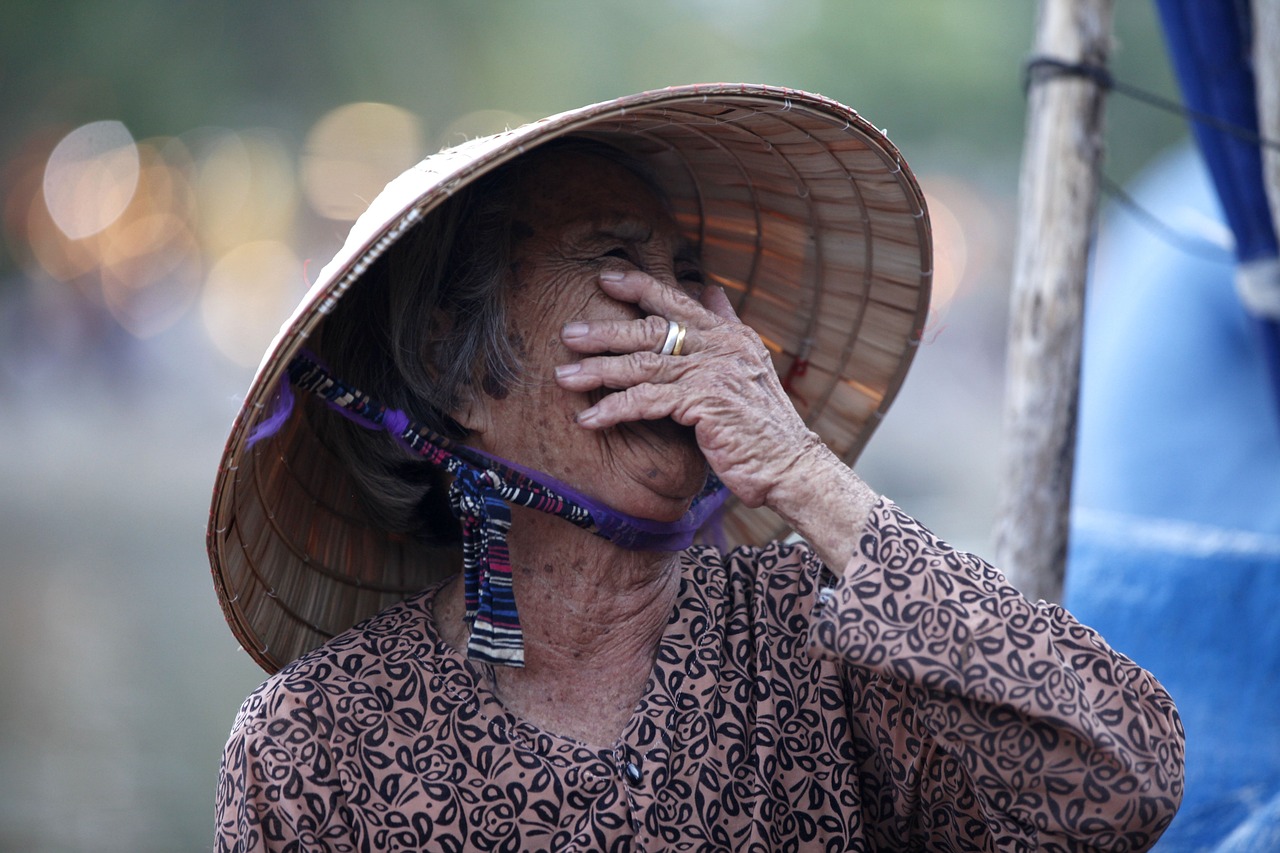Exploring Local Arts and Hobbies in Vietnam
Vietnam is a country rich in cultural heritage and vibrant artistic traditions. From traditional crafts to contemporary art forms, there is a diverse range of local arts and hobbies to explore in Vietnam. In this article, we will delve into various aspects of Vietnamese arts and hobbies, highlighting their significance and providing detailed information about each.
Traditional Crafts
Vietnam has a long history of traditional crafts that have been passed down through generations. These crafts not only showcase the creativity and skill of the artisans but also reflect the country’s cultural identity. Some of the notable traditional crafts in Vietnam include:
- Embroidery: Embroidery is a highly regarded craft in Vietnam, known for its intricate designs and delicate workmanship. Traditional embroidery techniques are used to create beautiful patterns on clothing, accessories, and home decor items.
- Lacquerware: Lacquerware is a unique Vietnamese craft that involves applying layers of resin extracted from the lacquer tree onto wooden or bamboo objects. The process results in glossy, durable, and visually stunning pieces of art, including bowls, trays, and vases.
- Water Puppetry: Water puppetry is a traditional form of Vietnamese theater that originated in the Red River Delta region. Puppeteers control wooden puppets on the surface of water, accompanied by live music and storytelling, creating a mesmerizing performance.
- Pottery: Pottery has a long history in Vietnam, dating back thousands of years. The country is known for its ceramic traditions, with different regions specializing in various styles and techniques. Vietnamese pottery ranges from functional vessels to intricately designed decorative pieces.
Contemporary Art Scene
Besides traditional crafts, Vietnam also has a thriving contemporary art scene that showcases the country’s modern artistic expressions. The contemporary art movement in Vietnam has gained international recognition, with numerous galleries and art spaces promoting local talent. Some key aspects of Vietnam’s contemporary art scene include:
- Art Galleries: Ho Chi Minh City and Hanoi are home to a multitude of art galleries that exhibit works by emerging and established Vietnamese artists. These galleries provide a platform for artists to showcase their creativity and engage with a wider audience.
- Street Art: Street art has become increasingly popular in Vietnam, adding vibrant colors and unique perspectives to the urban landscape. Cities like Hanoi and Da Nang feature captivating street art murals that reflect social and cultural themes.
- Art Festivals: Vietnam hosts various art festivals throughout the year, bringing together artists from different disciplines and backgrounds. These festivals offer a platform for collaboration, exchange of ideas, and celebration of artistic diversity.
- Contemporary Art Museums: The opening of contemporary art museums in Vietnam has further contributed to the growth of the art scene. Museums like the Vietnam Fine Arts Museum in Hanoi and the Ho Chi Minh City Museum of Fine Arts showcase a wide range of contemporary artworks.
Traditional Music and Dance
Vietnamese traditional music and dance play a significant role in the country’s cultural heritage. These art forms embody the essence of Vietnamese traditions and are often performed on special occasions and festivals. Some notable traditional music and dance forms include:
- Ca Trù: Ca Trù is an ancient form of chamber music that originated in northern Vietnam. It features a female vocalist accompanied by a small ensemble of traditional instruments, creating a hauntingly beautiful and poetic performance.
- Quan Họ: Quan Họ is a folk music style that involves alternating singing between male and female performers. It is a traditional form of courtship singing, where singers engage in a musical dialogue expressing their emotions and desires.
- Chèo: Chèo is a form of Vietnamese musical theater that combines music, dance, and storytelling. It features lively performances with colorful costumes and comedic elements, often depicting scenes from rural life.
- Water Puppet Theater: As mentioned earlier, water puppetry is not only a craft but also a form of theater. Traditional Vietnamese music accompanies the water puppet performances, adding depth and emotion to the storytelling.
Calligraphy and Literature
Calligraphy and literature hold a special place in Vietnamese culture, representing the country’s intellectual and artistic traditions. Vietnamese calligraphy is a revered art form that requires precision and skill. The beauty of calligraphy lies in the graceful strokes and the artistic expression of words and phrases. Literature, on the other hand, has a rich history dating back centuries, with notable works like “The Tale of Kieu” by Nguyen Du and “The Sorrow of War” by Bao Ninh.
Traditional Festivals
Traditional festivals in Vietnam provide a glimpse into the country’s cultural heritage and are celebrated with great enthusiasm. These festivals often involve various art forms, performances, and rituals. Some significant traditional festivals in Vietnam include:
- Tet Nguyen Dan: Tet Nguyen Dan, also known as the Vietnamese Lunar New Year, is the most important festival in Vietnam. It is a time for family reunions, paying respects to ancestors, and enjoying traditional food and music.
- Mid-Autumn Festival: The Mid-Autumn Festival is a joyous celebration of harvest and family. It is marked by colorful lanterns, dragon dances, and the sharing of mooncakes.
- Hue Festival: The Hue Festival is a biennial event that showcases the cultural heritage of the ancient city of Hue. It features traditional music, dance performances, and captivating light shows.
- Hoi An Lantern Festival: The Hoi An Lantern Festival takes place on the full moon night of each month in the ancient town of Hoi An. The town is adorned with colorful lanterns, and traditional music and dance performances fill the streets.
Local Art and Hobby Classes
If you’re interested in experiencing Vietnamese arts and hobbies firsthand, there are various classes and workshops available throughout the country. These classes provide an opportunity to learn traditional crafts, painting, cooking, and other creative pursuits. Some popular art and hobby classes in Vietnam include:
- Traditional Silk Painting: Learn the art of silk painting, a traditional Vietnamese technique that involves using dyes on silk to create intricate and colorful designs.
- Cooking Classes: Vietnamese cuisine is renowned for its fresh ingredients and unique flavors. Join a cooking class to learn how to prepare traditional dishes like pho, banh mi, and fresh spring rolls.
- Woodcarving: Discover the art of woodcarving and create your own intricate designs using traditional tools and techniques.
- Martial Arts: Vietnam is home to various martial arts styles, such as Vovinam and Binh Dinh. Enroll in a martial arts class to learn self-defense techniques and immerse yourself in Vietnamese martial arts culture.
Vietnam Image 1:

Local Art and Hobby Markets
Exploring local markets in Vietnam is a great way to discover unique handmade crafts, artworks, and hobby materials. These markets offer a vibrant atmosphere and a chance to interact with local artisans. Some popular art and hobby markets in Vietnam include:
- Ben Thanh Market (Ho Chi Minh City): Ben Thanh Market is one of the oldest and most famous markets in Ho Chi Minh City. It offers a wide range of handicrafts, textiles, and artwork.
- Dong Xuan Market (Hanoi): Dong Xuan Market is the largest covered market in Hanoi, known for its diverse selection of art supplies, fabrics, and traditional Vietnamese crafts.
- Night Market (Hoi An): The Night Market in Hoi An is a bustling market that comes alive in the evenings. It is an excellent place to find handmade lanterns, artwork, and souvenirs.
- Cho Hom Market (Hanoi): Cho Hom Market is a popular market for fabric enthusiasts and crafters. It offers a wide range of fabrics, sewing supplies, and embroidery materials.
Vietnam Image 2:

Outdoor Art and Hobby Spaces
Vietnam’s natural beauty provides a picturesque backdrop for outdoor art and hobby activities. From painting landscapes to practicing yoga, these outdoor spaces offer a refreshing and inspiring environment. Some recommended outdoor art and hobby spaces in Vietnam include:
- The Rice Fields of Sapa: The terraced rice fields of Sapa in northern Vietnam offer a stunning landscape for plein air painting or photography.
- Da Lat Flower Gardens: Da Lat is known as the “City of Eternal Spring” and is home to beautiful flower gardens. It’s an ideal spot for sketching or simply enjoying the colorful blooms.
- Ha Long Bay: Ha Long Bay’s limestone karsts and emerald waters provide a breathtaking setting for outdoor activities like kayaking, photography, and painting.
- Phu Quoc Beaches: The pristine beaches of Phu Quoc Island offer a serene environment for activities like beach yoga, meditation, and painting seascapes.
Vietnam Image 3:

Conclusion
Vietnam’s arts and hobbies scene is a treasure trove of cultural richness and creative expressions. From traditional crafts to contemporary art forms, there is something for everyone to explore and appreciate. Whether you immerse yourself in the traditional music and dance performances, learn a traditional craft, or visit art galleries and markets, Vietnam offers a vibrant and diverse artistic landscape to discover.
References
- britannica.com
- vietnamtourism.com
- vietnamonline.com
- vietnam.travel
- vietnam-guide.com

